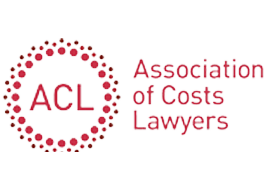Every costs dispute turns on its own facts, procedures and risks and we tailor our negotiation strategy accordingly. When acting for receiving parties, we respond to challenges with carefully planned arguments supported by the relevant rules and authorities, presenting the claim in a way that maximises defensibility and value. Where appropriate, we also pursue meaningful interim payments to improve cash flow and reduce lock-up.
When instructed for paying parties, we analyse the bill or statement against proportionality, reasonableness and recoverability, identifying areas of genuine vulnerability in the claim. We then advance clear and robust challenges to reduce the claim to a realistic level, while keeping discussions focused on achievable settlement.
Across both roles, we have a track record of tenacity where the position requires it while remaining constructive in our approach. We prioritise building a professional rapport with opponents, which often helps secure swift, cost-effective settlements without compromising the client’s strategic objectives.



